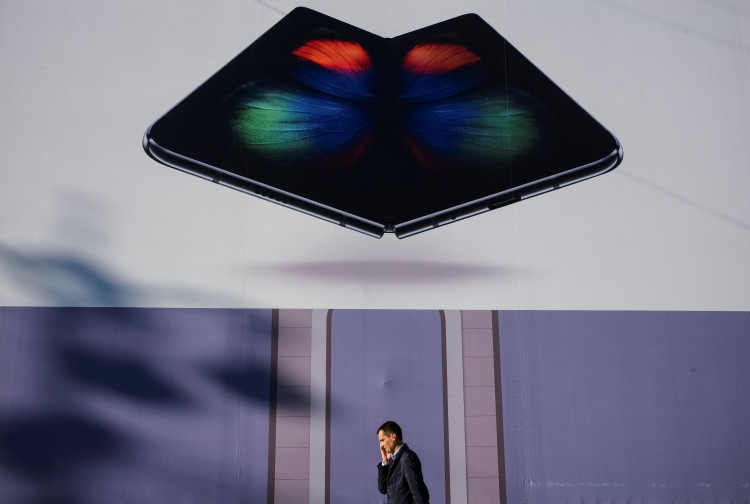Samsung is said to be favoring the latest flagship mobile processor from Qualcomm, with reports claiming that when the Galaxy S11 models are released, the majority of units to hit the market will run on Snapdragon 865. The Korean company has yet to confirm this suggestion, but Samsung fans have reasons to celebrate.
If true that Snapdragon 865 will be powering the upcoming Android handset and the Exynos 990 will be confined to select destinations, would-be users of the Galaxy S11 are bound to get a better smartphone experience.
For starters, the Qualcomm chipset will surely serve as a boost in three key areas - power management, efficient use of the battery, and increased graphics muscle. According to WCCFTech, the S11 on Snapdragon 865 will easily outgun the S11 units on Samsung's Exynos silicon.
And since the Snapdragon 865 has custom cores that were built on the ARM Cortex-A77, as opposed to the Exynos 990's Cortex-A76, it can process AI computations at a speed of 15 trillion times per second. Exynos can only reach a top speed of 10 trillion times per second on the same process.
In terms of camera capabilities, the Qualcomm-made chip is still on top for its native support of up to 200MP resolution while Exynos is capped at 108MP.
The Exynos 990 is able to support a screen refresh rate of 120Hz, which by any account, is flagship-level for any mobile handset. However, the Snapdragon 865 can do better at 144Hz, thus sending notice to gamers and gadget users heavy on media consumption that the chipset has to be the preferred option for them.
It would seem that Samsung's decision to build the Galaxy S11 with the Snapdragon 865 firing it up in more markets is a subtle acknowledgment that the chipset can do more when it comes to innovation.
Now the choice of the chipset will be again a factor on the S11's power generator under the hood. Samsung seems confident that Snapdragon 865 can handle massive batteries just fine, so the upcoming handset is tipped to come out with a significant upgrade from the past model.
According to Forbes, the regular Galaxy S11 will touch down with a 4,500mAh battery while the S11 Plus will boast of a 5,000mAh power juicer. This information was based on the details shared by Samsung fan-page SamMobile, and it likewise hinted that these batteries are now under the regulatory consideration of the South Korean government.
Most likely, the submission will get the nod of authorities, and these battery ratings would be part of the Galaxy S11's final cut.
Slash Gear said the Galaxy S11 release date will follow the usual launch template used by Samsung in the past. The handsets are scheduled for introduction in February 2020 then the commercial availability will follow in early March.






